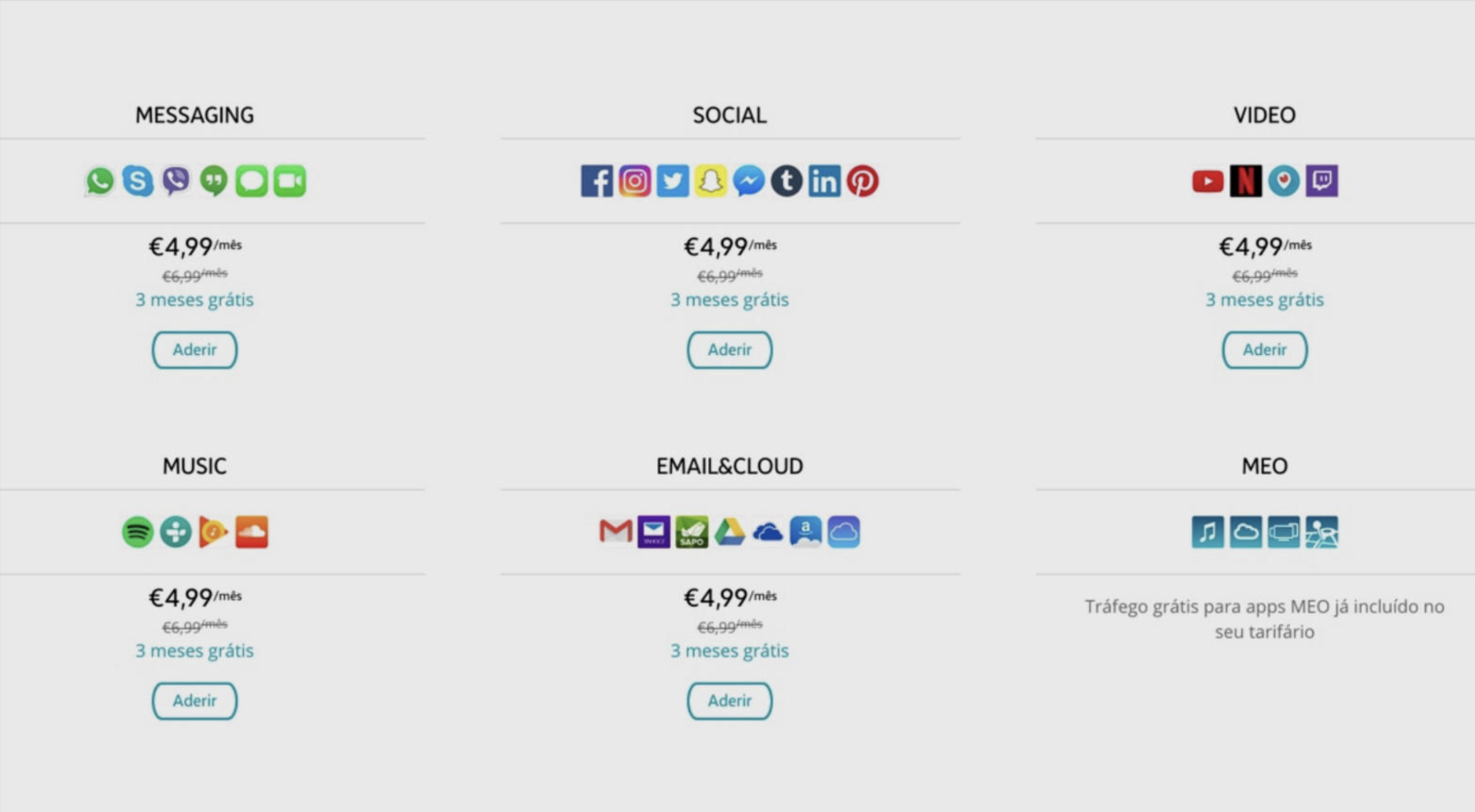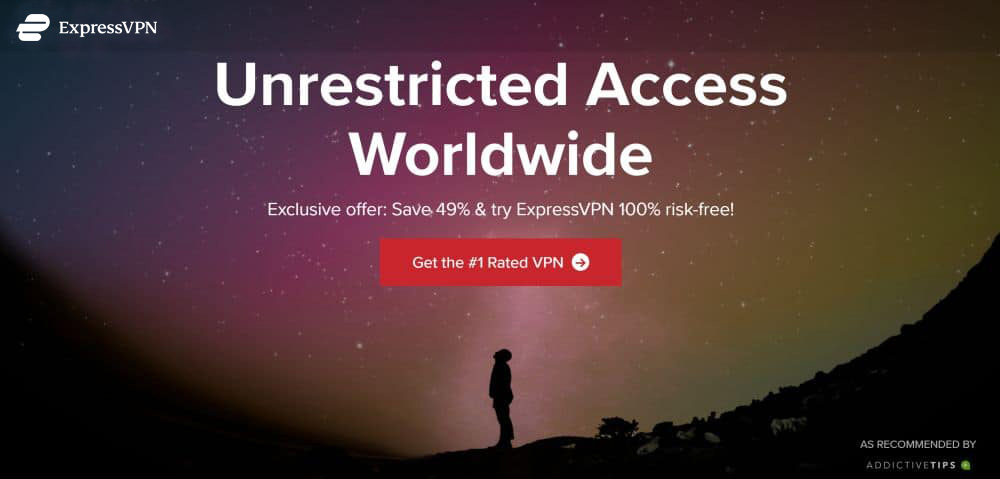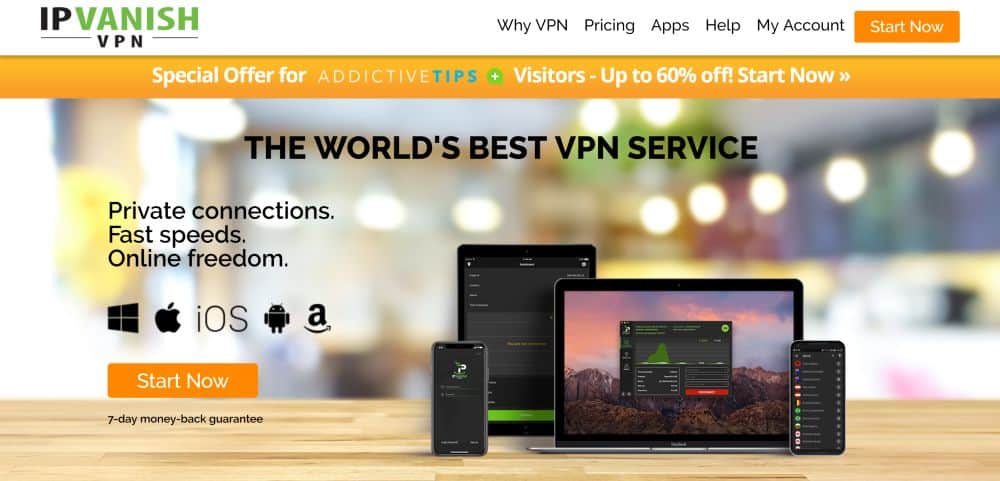What Is Net Neutrality? Understanding Internet Fast Lanes
Net Neutrality is a hot button issue, but if you’re not sure what all the buzz is about, today’s guide will help you understand the key points. While the U.S. doesn’t control all the world’s Internet, changes in that country’s legal policy can have far-ranging consequences. We’ll show you how to retain your right to free and open Internet with a VPN.
One of the biggest technology stories of the last few years is the ongoing struggle to preserve net neutrality. The basic idea is that all data passing through the internet should be treated equally by ISPs. No matter which site you visit or who hosts the video you’re streaming, your access is never throttled or controlled. This promotes a fair and balanced world wide web, but it’s also friendly to consumers and evens the playing field for new businesses getting their start online.
Net neutrality has been cemented in place in a variety of regions, most notably via the EU Regulation 2015/2120 that created a framework for net neutrality preservation across the European Union. Other countries have fought with the concept for years. In 2015 the Obama Administration put into place net neutrality protections in the U.S. Those were scaled back in late 2017, and a December 2017 vote at the FCC overturned them entirely.
Net Neutrality at a Glance
Protecting net neutrality means protecting a free, open, and accessible internet. Most proponents liken it to a digital version of free speech. We’re used to an online world that accepts all kinds of content, everything from low-quality blogs to sleek and stylish video streaming websites. To access these publications all you have to do is enter a URL. There are no barriers in place, and no one dictates what you can or can’t see. Net neutrality ensures the internet will stay this way for a very long time.
There are many arms of the net neutrality issue, each one affecting a slightly different group of people. Below we’ve broken down each category along with its potential problems.
Internet Fast Lanes
The biggest red flag for most internet users is the concept of fast lanes. Without net neutrality regulations in place, ISPs are free to charge whatever they want for access to the web. The most prominent example of this is setting up an internet fast lane that divides their service into two levels based on speed. If a company or website is in the slow lane, every time you visit you’ll have to wait longer for it to load. If they pay a premium to the ISP to join the fast lane, however, users can connect at higher speeds. Unless your favorite website ponies up the cash, you could find it practically impossible to use.
For consumers, fast lanes will also spread to monthly internet packages. Buy the standard plan and you’ll be able to putter along the web in the slow lane. Upgrade to a premium plan and you’ll have access to the fast lane. If you stream videos on Netflix, Hulu, or YouTube, they could be unusable without an upgrade.
A 2009 study showed that internet users aren’t willing to wait for a website to load. If it doesn’t appear in less than a second, most people click away. Having a sluggish site can mean an 11% drop in overall views and a 16% decrease in customer satisfaction. Really, the only advantage fast lanes bring is more money for ISPs, one of the many reasons they’re pushing for net neutrality repeal while everyone else shakes their heads.
Website Packages
Instead of having one single internet bill, losing net neutrality means you might have to buy packages that allow access to different websites. Imagine wanting to visit Facebook but being told you had to purchase an upgrade before you’re allowed to access it. This isn’t some fiction pulled from a dystopian sci-fi TV show, it’s a reality many countries already deal with, and the U.S. could be next.
A good example of this is the October 2017 viral image of mobile service provider MEO’s online data plans. The Portugal-based company charges different amounts for messaging, social media, video streaming, e-mail, and music. You can’t access content outside of your package without spending money on the upgrade, and even when you do fork over the cash, your data is strictly limited.

Favoring Certain Networks
Another power ISPs could gain with the loss of net neutrality is the ability to favor certain networks over others. A few year ago, Comcast struck a deal with Microsoft to allow users to stream content through the company’s Xfinity video app on Xbox 360 without counting against their monthly bandwidth cap. Other streaming apps still counted towards the limit, meaning users were far more likely to use Xfinity. Critics cite practices like this as unfair competition. Would you rather watch a video on your favorite site or be forced to use a service that paid your ISP a boatload of cash? The answer is pretty simple.
What Would Happen if Net Neutrality Is Lost?
With no net neutrality, ISPs will become the gatekeepers of the internet, offering businesses better service and customers more options only if they pay exorbitant fees. IP blocking, speed throttling, data limiting, and other censorship practices will likely become commonplace, as well. Without net neutrality, the internet doesn’t belong to the people, it belongs to the highest bidder. If that isn’t enough to spur you to action, take a look at some of the major drawbacks of net neutrality repeal.
Internet Users Will Suffer
From fast lanes to tiered website packages, losing net neutrality means you, the end user, will experience a slower, more expensive, and highly regulated internet. No more unlimited streams and HD videos–not unless you pay the price for a premium data package. You could also find your favorite sites throttled or removed from searches, and if an app or VOIP program doesn’t fall into the ISP’s fast lane, it may be unusable.
Small Businesses Will Struggle
One of the best things about the internet is that the playing field is practically even. No matter who you are or where your company is based, you can establish an online presence and start your business with very little overhead. Competing against similar companies and eventually becoming successful is then a matter of marketing and hard work. Without net neutrality, however, startups and small businesses will have to pay exorbitant fees so their website will load as fast as their competitors’. If they don’t, they stand to lose a tremendous amount of traffic, which is often enough to destroy the business before it even begins.
Loss of Innovation
One thing an open and free internet promotes is innovation. Everyone wants to try out new ideas on the world wide web, no matter how absurd or unusual. Make videos about crushing tennis balls with a hydraulic press? Build a website that shows people how many gophers are in their city? Sure, why not?! Without net neutrality in place, most people will need to focus their time on appeasing ISPs so their content can actually get seen. Instead of working on new ideas or promoting current content, more and more services will focus on ways to bypass or pay ISPs for the right to share their online data. No one has time for crazy cat videos anymore, they can’t afford the ISP fees.
Net Neutrality Around the World
Although the U.S. net neutrality repeal has gained the most attention, a lot of countries have fought similar battles in the past few years. A few walked away victorious, a few didn’t. Here’s a quick look at the state of net neutrality across the globe.
European Union
The EU approved a regulation in 2015 to protect net neutrality across the entire European Union. Since then, various loopholes have been found in the bill’s text, which has inspired many countries to enact even stronger pro-net neutrality laws within their borders.
Canada
Historically, net neutrality has stood on shaky legs in the great white north. Various rulings and actions by ISPs in the early 2000s have caused the Canadian government to step in and officially consider the issue. As of late 2017, many ISPs deliver neutral traffic, and the Canadian Radio-television and Telecommunications Commission is looking into official legislation to support net neutrality.
India
The Telecom Regulatory Authority of India (TRAI) banned fast lanes and differential pricing of all data services. The laws do not forbid tiered package pricing outright, however, and some telecoms have been caught violating net neutrality despite the ruling.
Russia
After years of discussion, the Federal Antimonopoly Service approved a regulation that forbids ISPs from throttling or blocking websites. Net neutrality is protected on the corporate level, but the Russian government is still able to censor websites or otherwise block content. VPNs are also under threat in Russia.
United Kingdom
The UK generally falls under the EU’s net neutrality regulations, with a few exceptions in recent years. After Brexit, however, these guidelines could be overthrown.
United States
Net neutrality was formerly protected as a utility by the FCC and Obama Administration in 2015. Since then the regulations have been lightened and a vote takes place in December 2017 which could overthrow net neutrality entirely. Update 03/11/19: the FCC has repealed Article II, casting doubt upon the future of net neutrality in the U.S.
Chile, Netherlands, Singapore, Slovenia
These countries have enacted laws that preserve network neutrality, with Chile and the Netherlands being the first countries to do so in 2010 and 2012 respectively. If you live in or travel to these countries, you’re in good hands!
How to Save Net Neutrality
The fight for net neutrality has been won before. In the U.S. in 2014 websites and companies came together to push back against ISPs and government interest groups trying to control how the internet works. The fight continues to this day, and even when the 2017 battle is won, it won’t be the end. History is filled with examples of people coming together to fight for their rights. With a few tools and a little time, you can help keep the internet open, free, and accessible to all.
- Sign the petition – An official petition supporting a free and open internet. Sign it to help your voice be heard.
- Write to congress – If you live in the U.S., use the forms on the links to find your congressman and write them a personalized letter. Better yet, use the provided scripts and phone numbers to give them a call and share your point of view. Alternatively, you can use Resistbot to message all your representatives at once through a convenient guided SMS interface.
- Join the online protest – Sites like BattleForTheNet offer copy/paste scripts you can use to spread awareness about the state of net neutrality. The recent “Break the Internet” movement encourages site owners to add scripts to their home pages that simulate a world crippled by ISP gatekeeping.
- Donate to the EFF – The Electronic Frontier Foundation works tirelessly to preserve online privacy and combat things like DRM and net neutrality repeals. Donations help the foundation raise awareness on important issues as well as carry out public interest legal work.
Preserve Your Internet Freedoms with a VPN
Losing net neutrality is a scary thought. Even if you don’t live in a country that’s directly impacted by the regulations, traveling to these places means you’re subjected to the same limitations as citizens. Worse still, the more governments that push for online gatekeeping, the more likely others will follow suit.
Helping with the net neutrality movement is the most powerful way to preserve your online free speech. You can also use a variety of tools to keep your activities hidden from nosy ISPs and government agencies. Using a virtual private network (VPN) is a great place to start. With a VPN in place, your online traffic will be encrypted before it leaves your device, masking it from third parties so you can surf and stream in privacy. They can help defeat ISP throttling and some tiered packages, too, making them an indispensable tool for online anonymity and security.
1. ExpressVPN

One of the best things about ExpressVPN is how easy it is to use. No matter which device you want to protect, ExpressVPN makes staying safe as easy as tapping a button. Along with strong 256-bit AES encryption and a great zero-logging policy that covers traffic, DNS requests, and IP addresses, you also get lightning fast speeds and over 3,000 servers located in 94 countries around the world. ExpressVPN is one of the easiest to use and speediest VPNs around!
Read our full ExpressVPN review.
- Unblocks US Netflix, BBC iPlayer, Hulu and Amazon Prime
- Fastest servers we have tested
- Torrenting/P2P allowed
- Strict no-logging policy
- Great support (24/7 chat).
- Month-to-month plan has high cost.
2. NordVPN

NordVPN does some amazing things for VPN users. The service’s network is larger than most of the competition, offering over 5,100 servers in nearly 60 different countries, covering every continent except Antarctica! You also get incredible 256-bit AES encryption, kill switch and DNS leak protection, and an incredible zero-logging policy that ensures your data never falls into the wrong hands. It’s also easy to use and works on just about every device imaginable.
Read our full NordVPN review.
- Highly affordable plans
- GooglePlay users rating: 4.3/5.0
- Torrenting/P2P explicitly allowed
- Extra-secure Double VPN for data encryption
- Great support (24/7 chat).
- Not much
- Refund processing can take up to 30 days.
3. IPVanish

When you just can’t choose between speed and privacy, IPVanish is a great solution. Most VPNs sacrifice either encryption or fast downloads to help boost their numbers. This can lead to sluggish online performance or even privacy breaches. IPVanish operates a network of over 1,300 servers that deliver fast connections, all secured with 256-bit AES encryption, DNS leak protection, and a zero-logging policy on all traffic. All you have to do is sign up and start surfing anonymously!
Read our full IPVanish review.
How Net Neutrality Affects You
Net neutrality will affect everyone in a different way. Are you worried most about internet fast lanes, or do tiered site packages keep you up at night? Start a discussion in the comments below, then share what you’ve done to help preserve the open internet!
If you need a VPN for a short while when traveling for example, you can get our top ranked VPN free of charge. NordVPN includes a 30-day money-back guarantee. You will need to pay for the subscription, that’s a fact, but it allows full access for 30 days and then you cancel for a full refund. Their no-questions-asked cancellation policy lives up to its name.


I used ExpressVPN when I was in China. Good service. Time to renew my subscription….
let don’t stop fighting for net neutrality. I hope nordvpn subscription will help me at least for a short period of time.